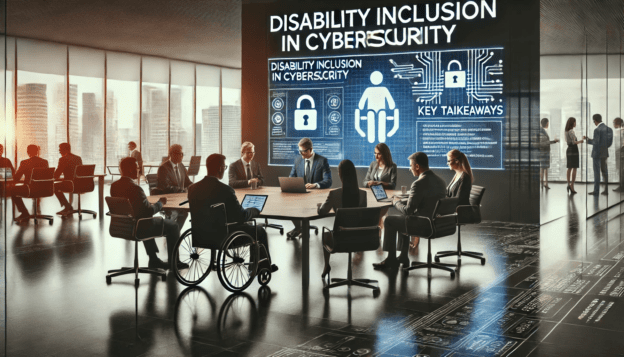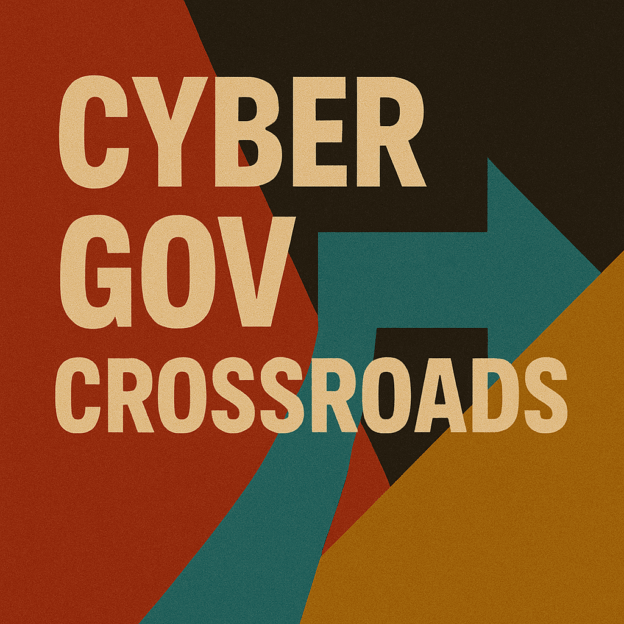Masking, at its core, is a kind of impersonation, not to deceive, but to adapt. Everyone does it to some degree, but for people with Asperger’s or ASD, it becomes a survival tool, a way to navigate a neurotypical world that feels alien at times. It’s not about being fake; it’s about blending in, building connections, or simply staying safe.
“We’re all impersonating a personality.” Jean-Paul Sartre (allegedly)
In this guide, I’ll explore the reality of masking, the principles behind doing it well, and the risks it carries. This is a firsthand account from someone with ASD who has learned how to mask, sometimes too well, and the lessons I’ve taken from years of experience, including moments where the mask inevitably slipped.
Continue reading →



















